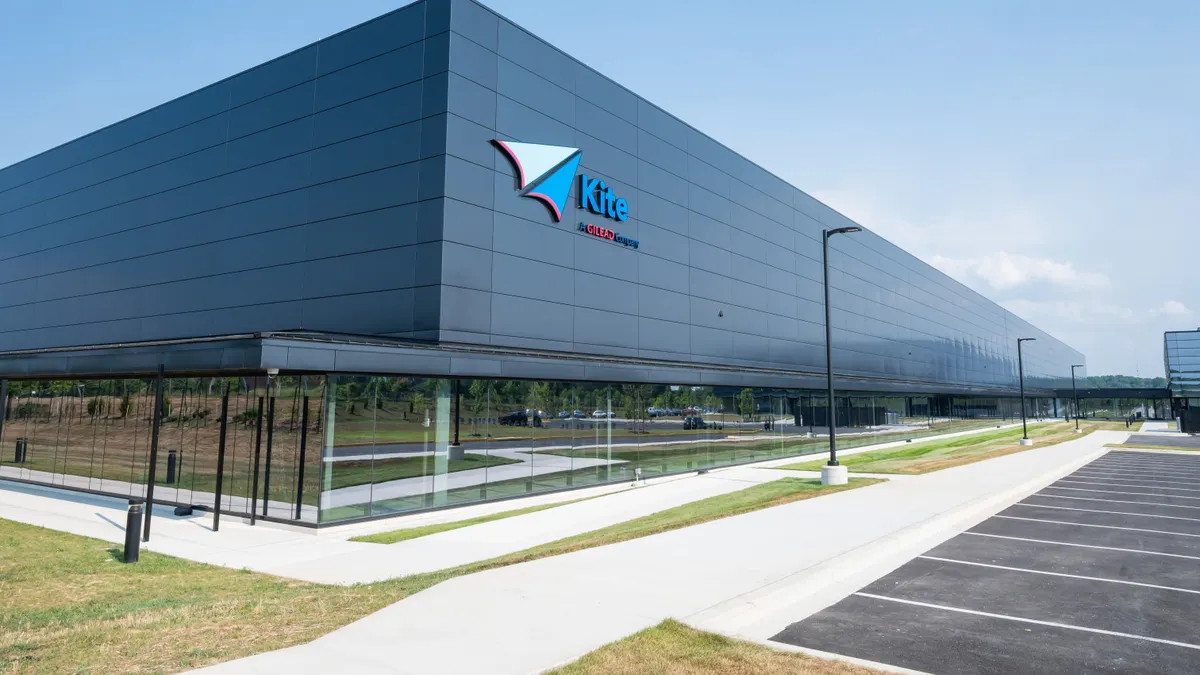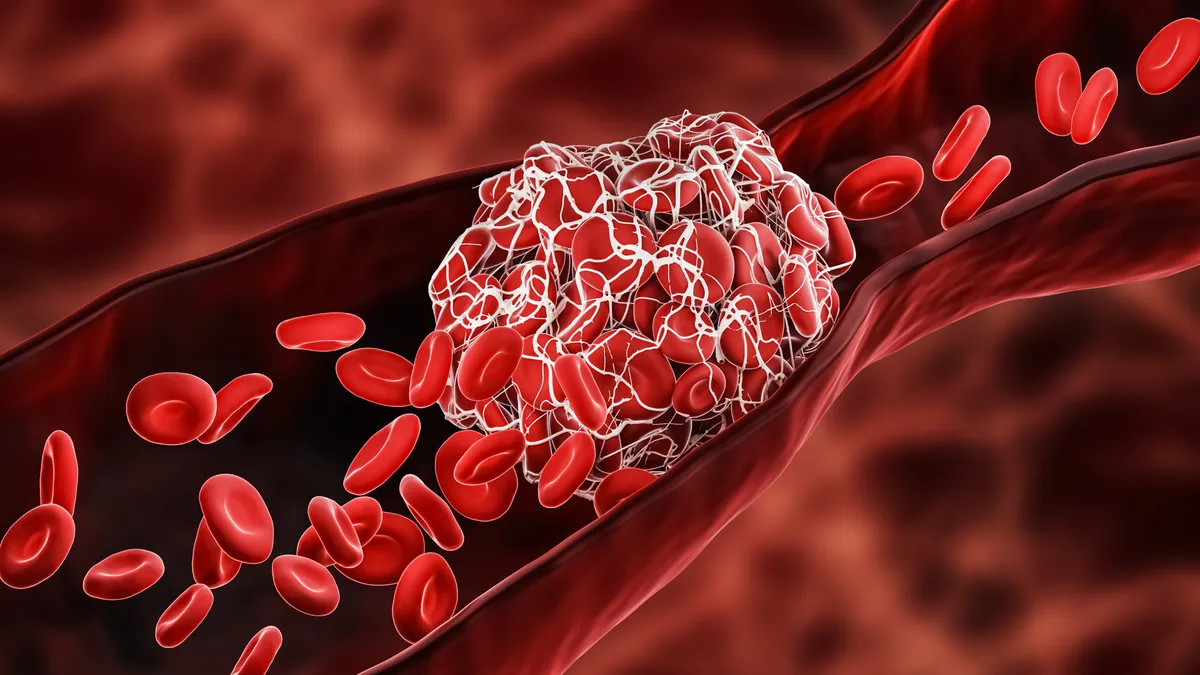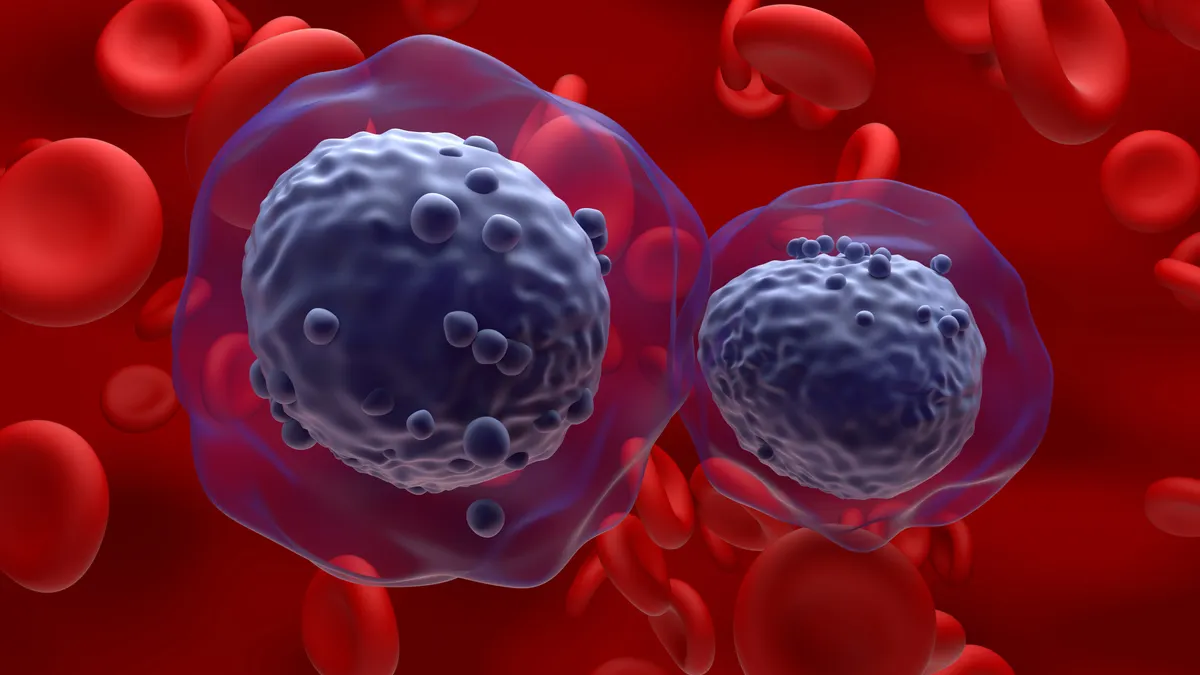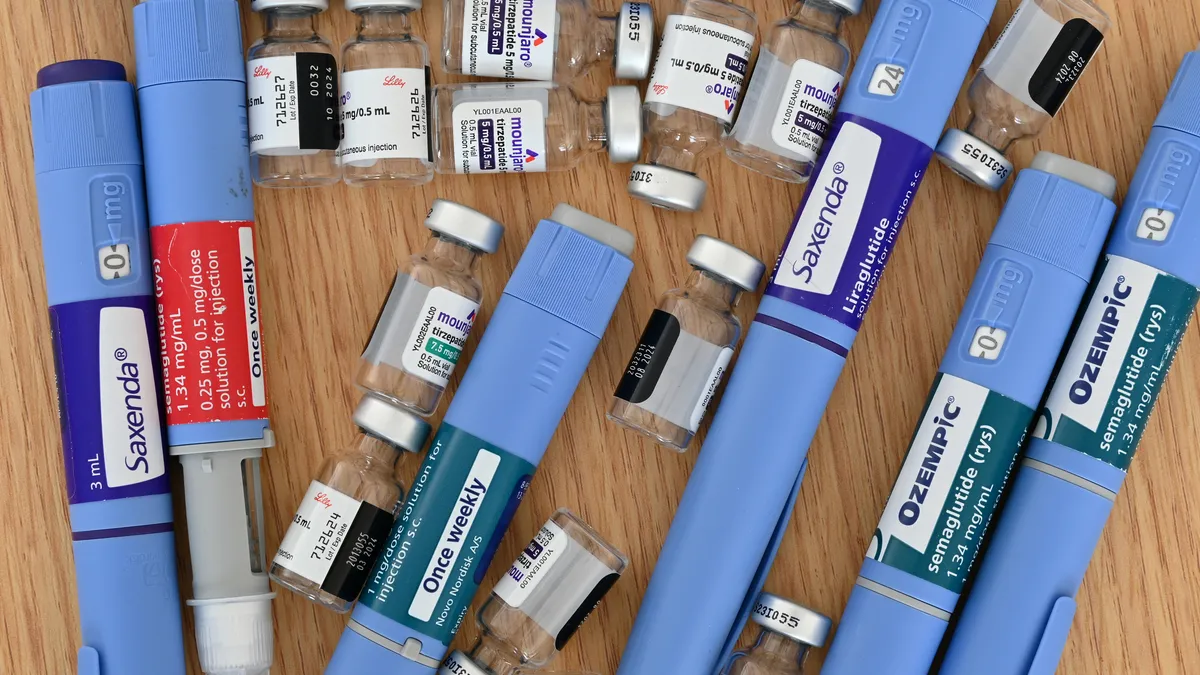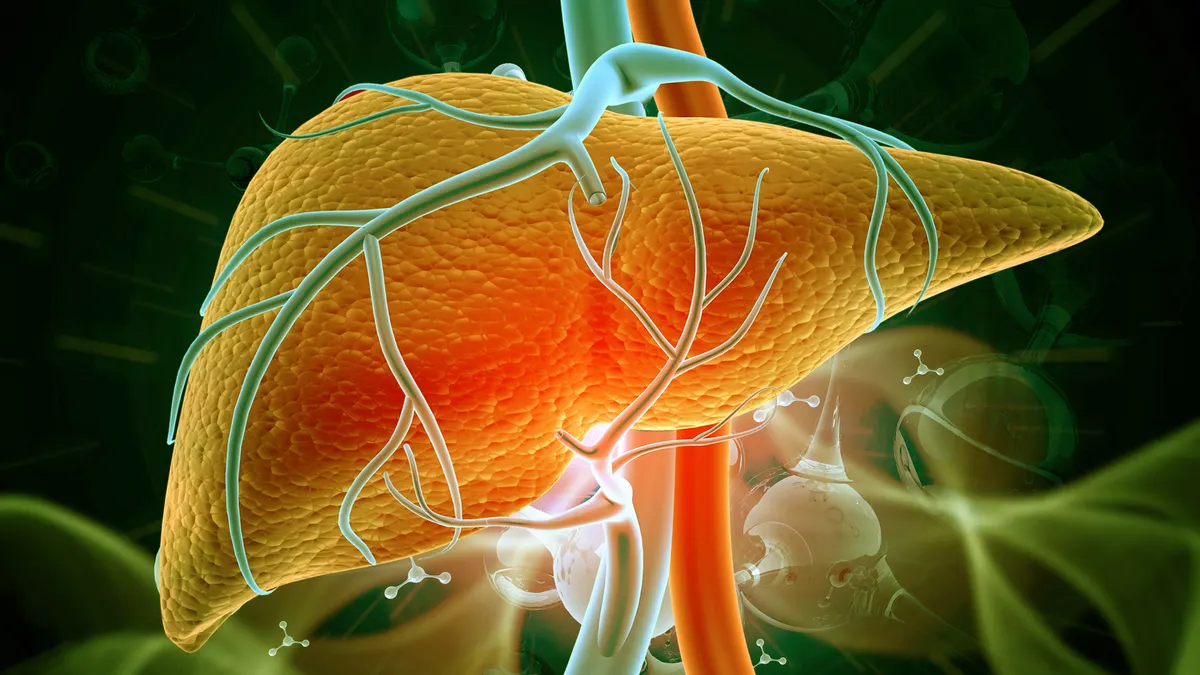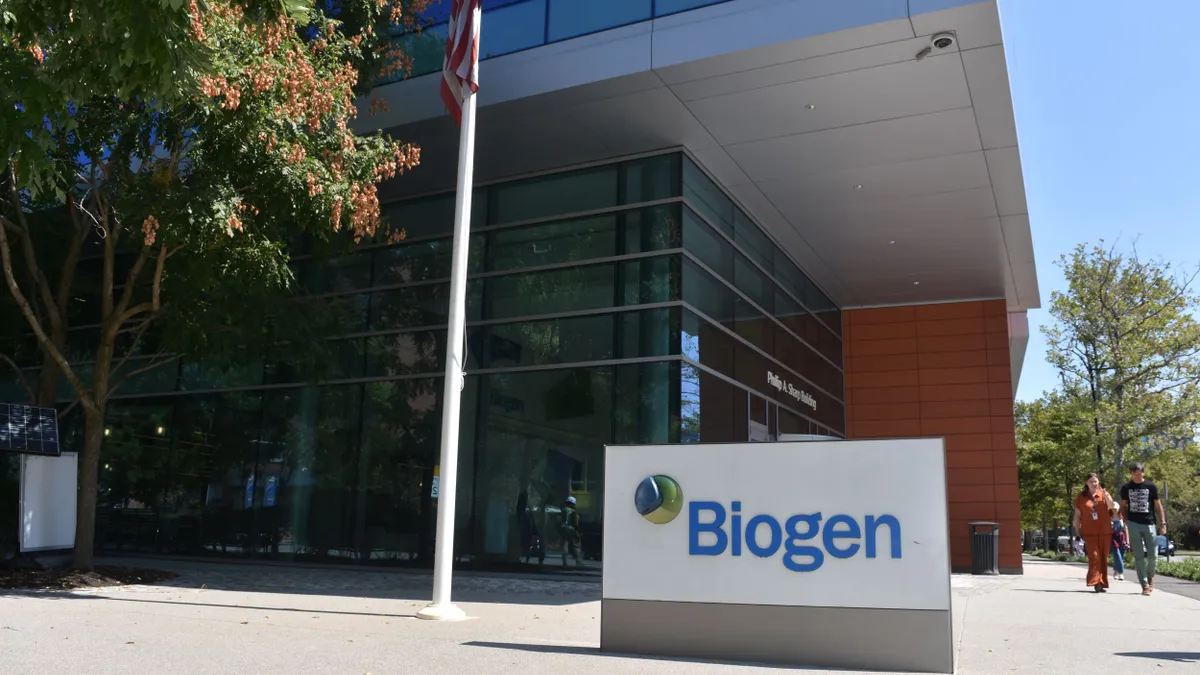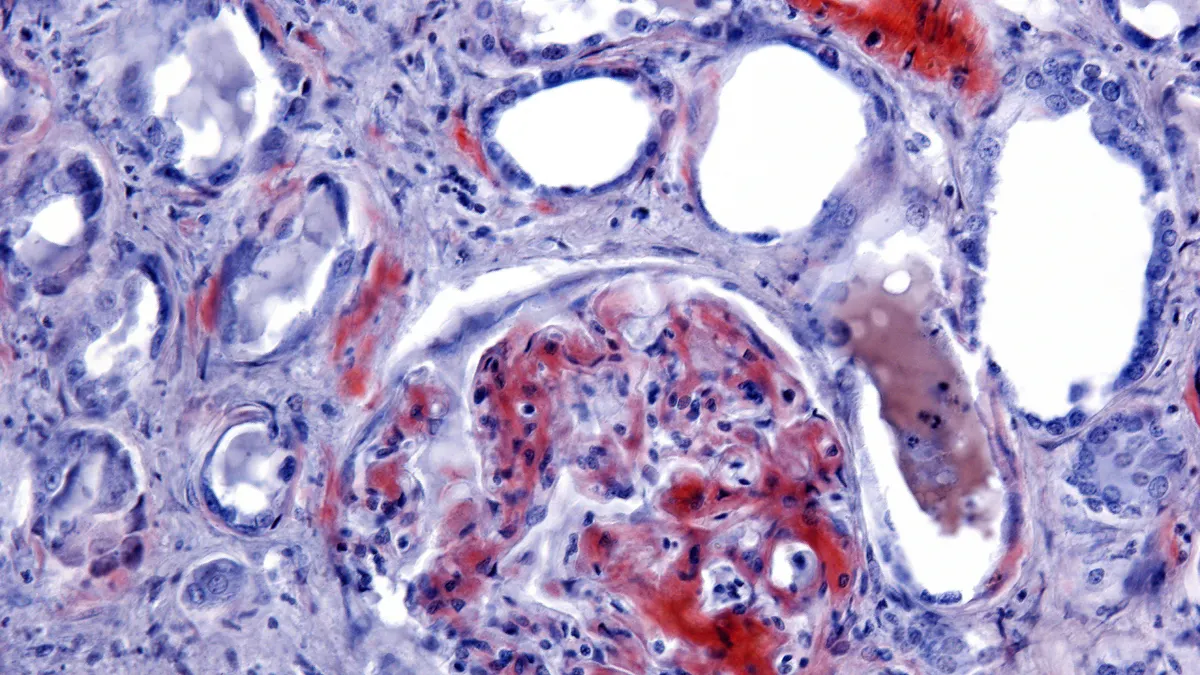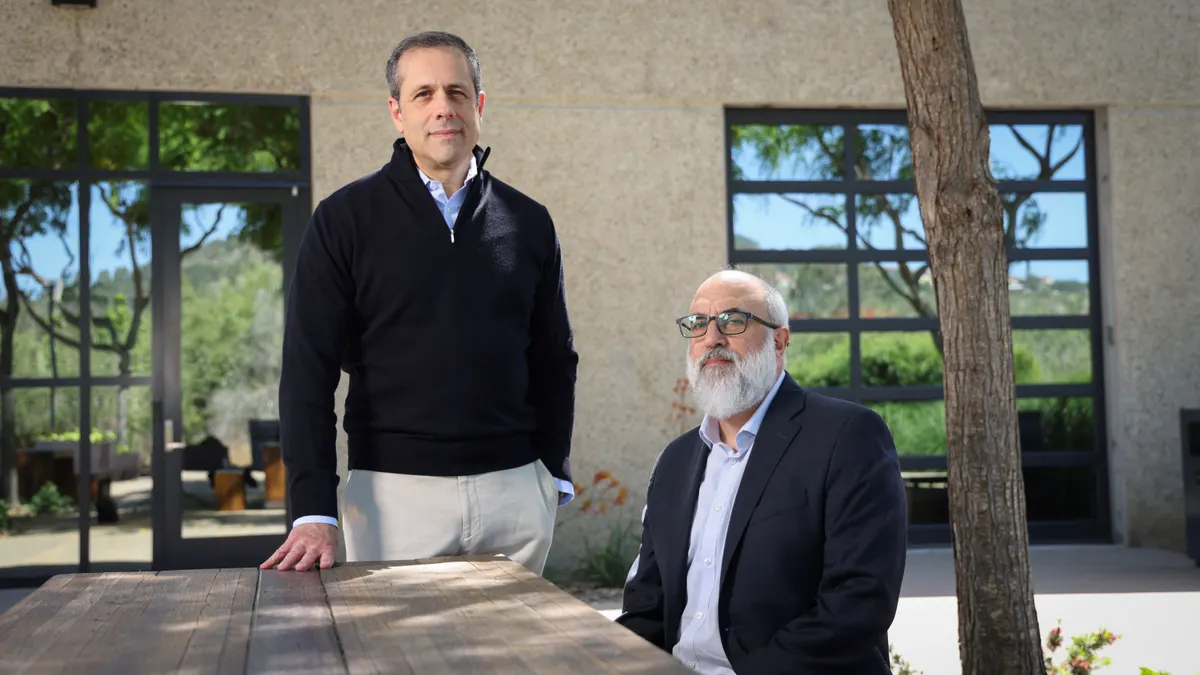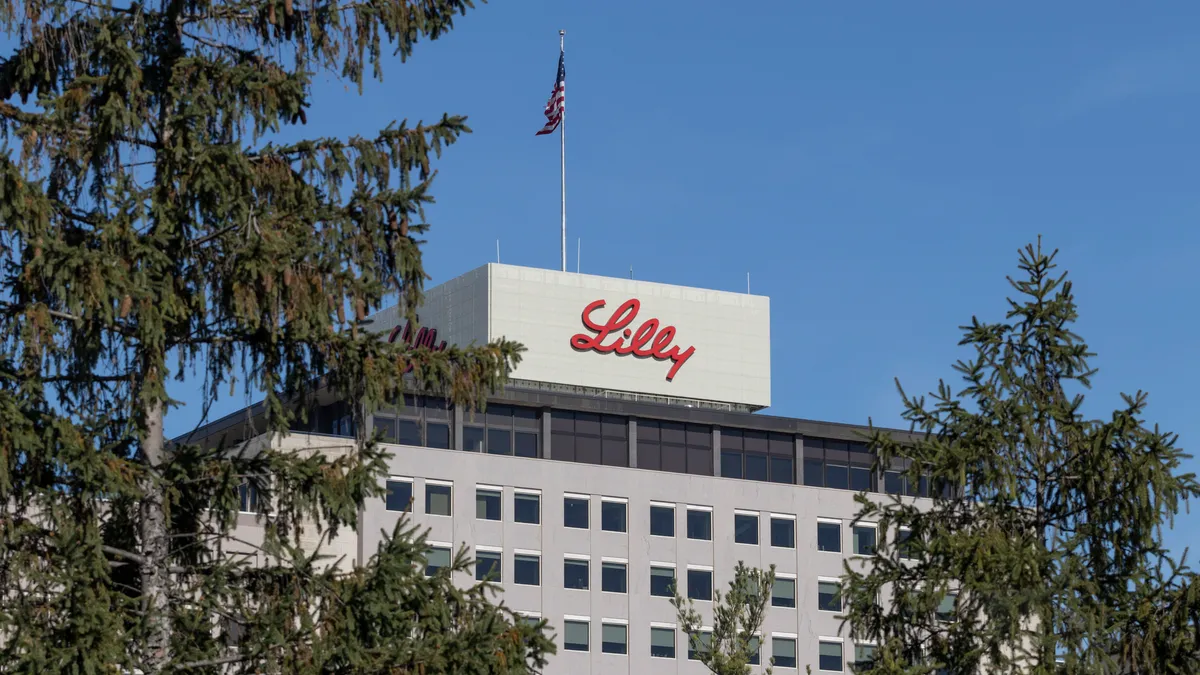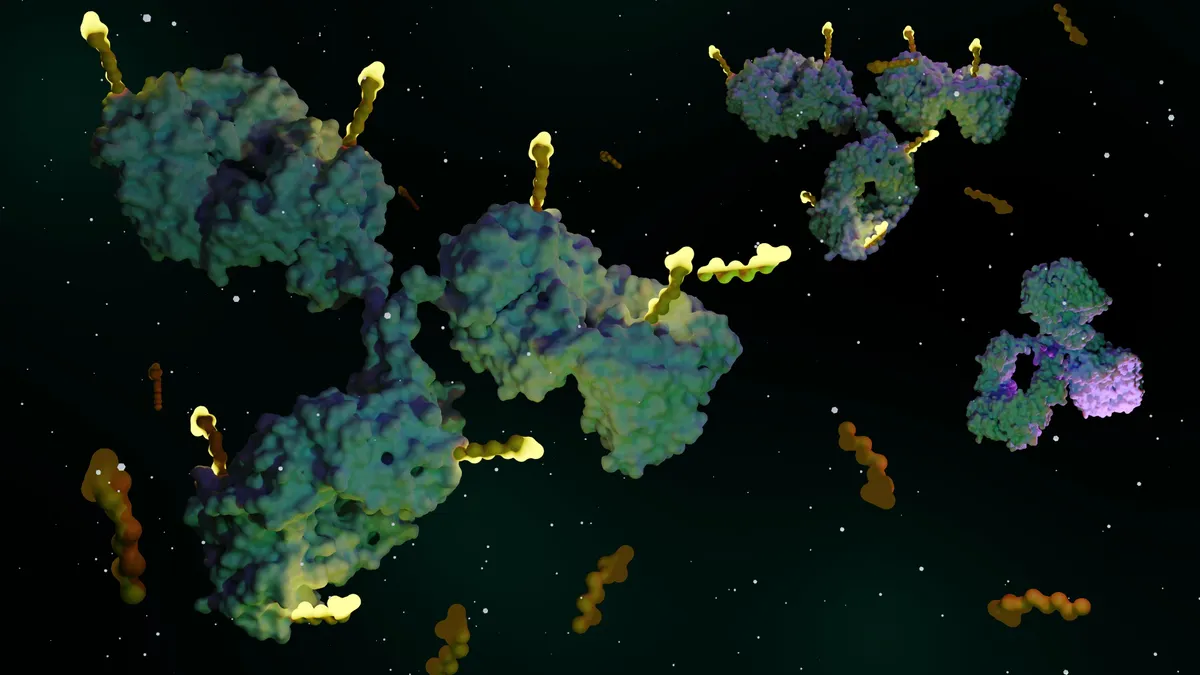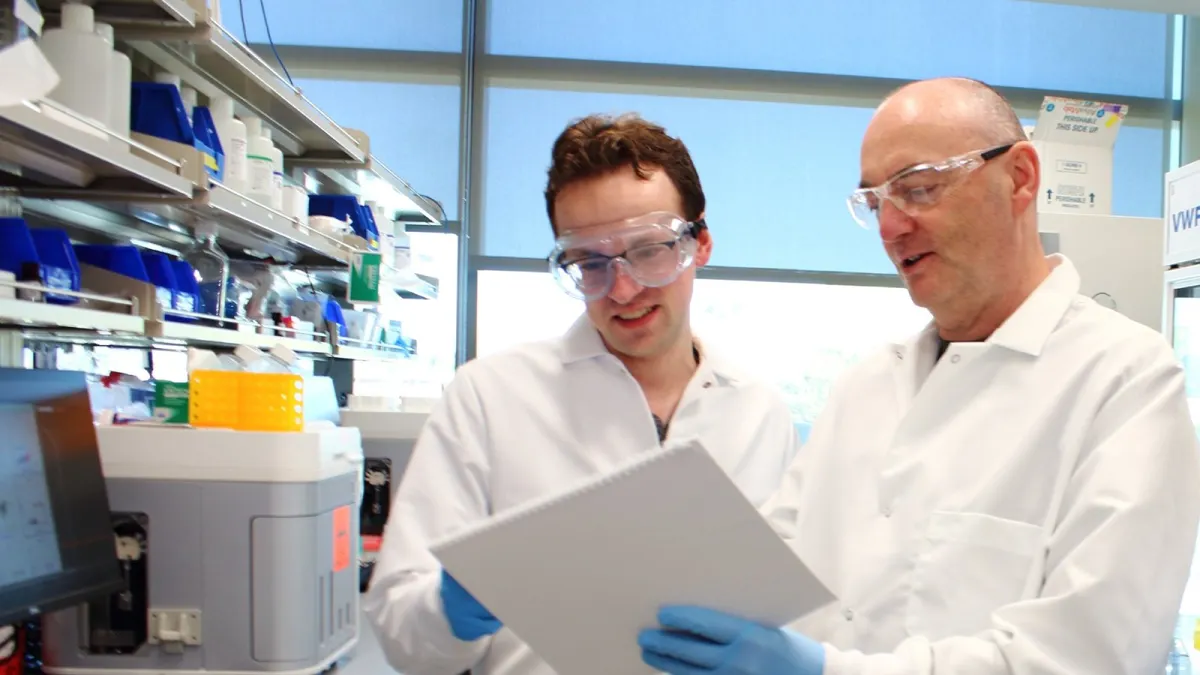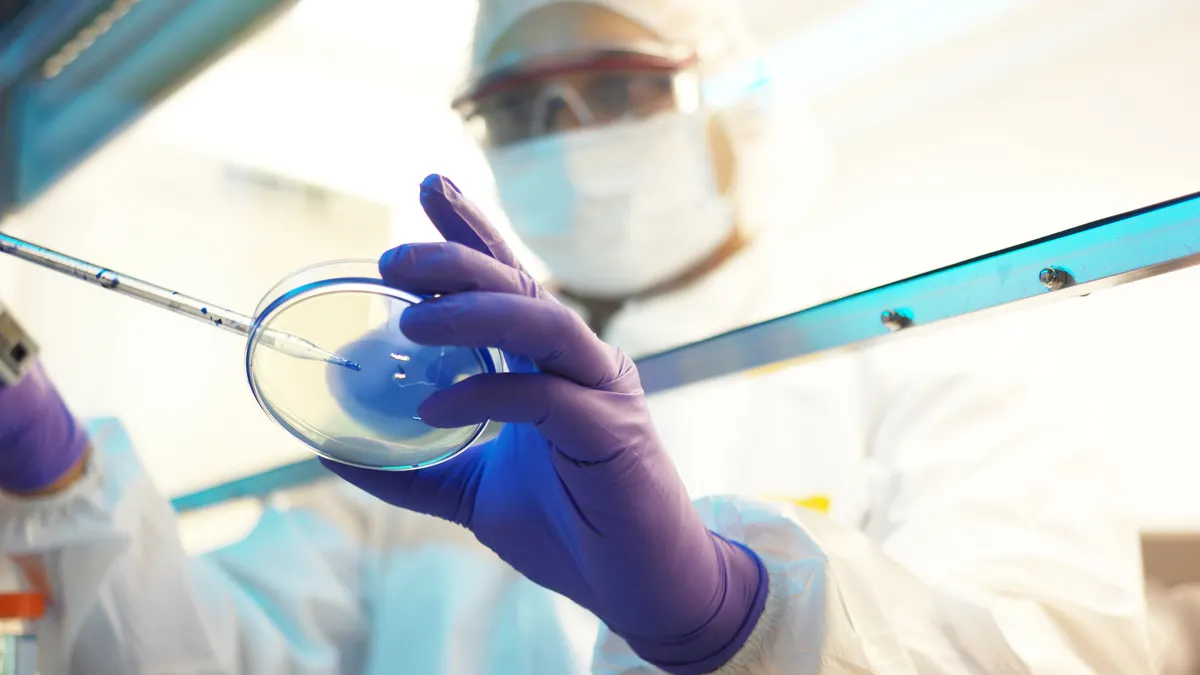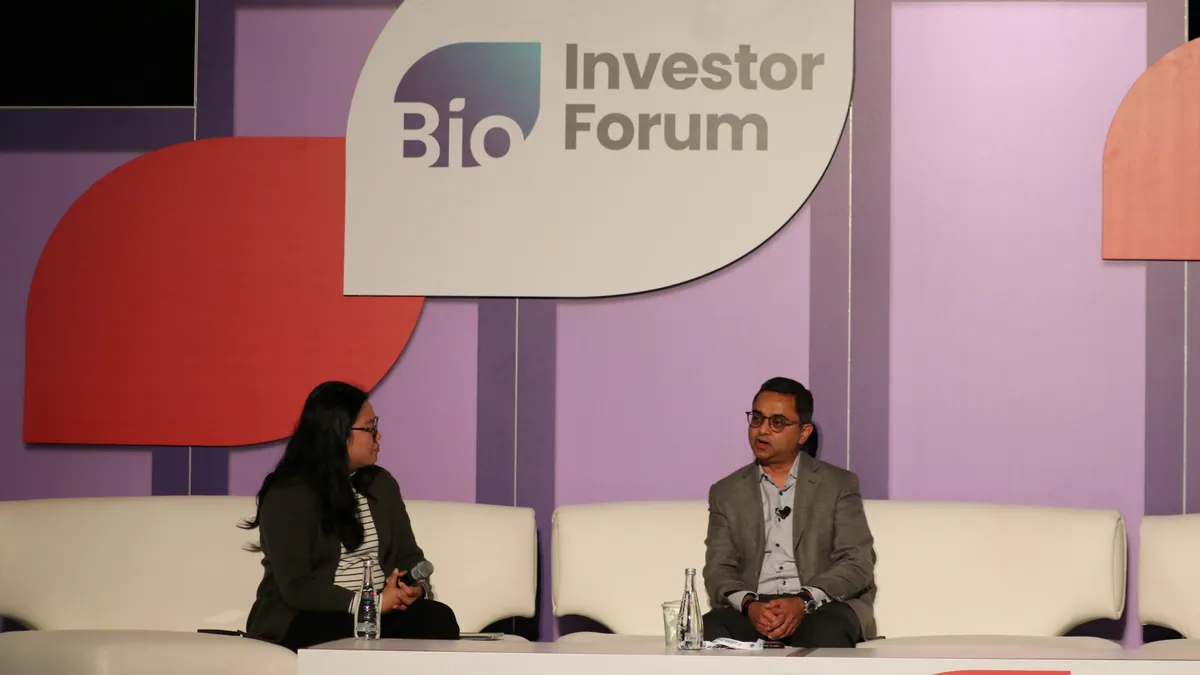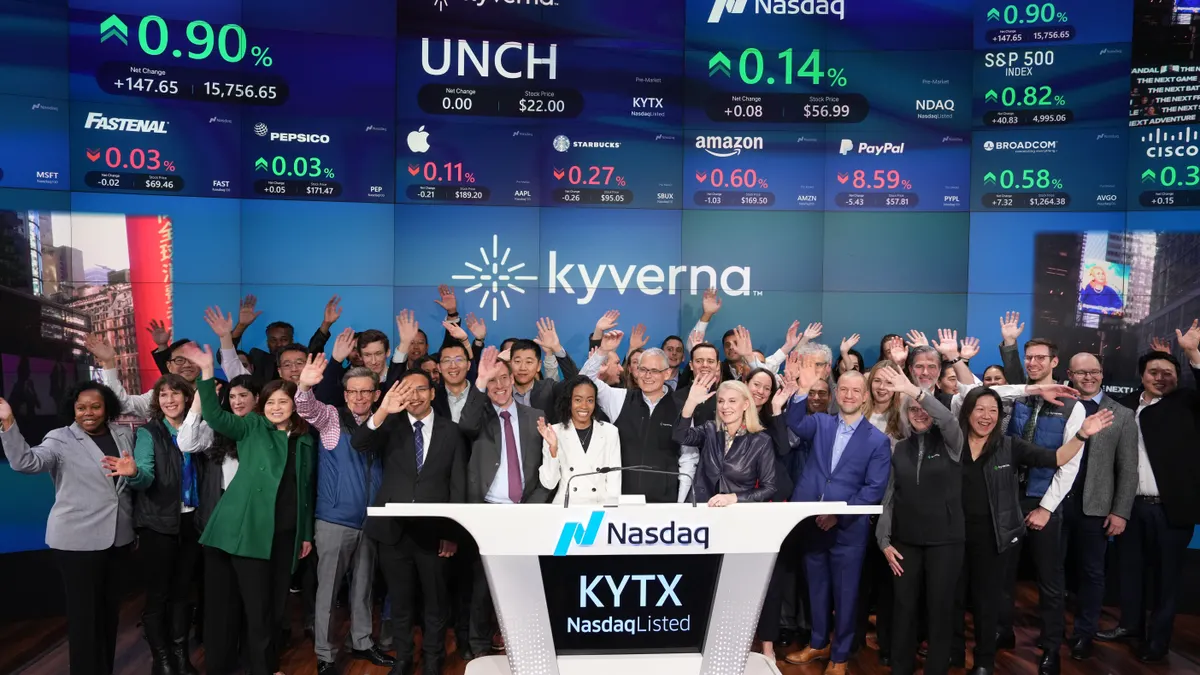Dive Brief:
- Braveheart Bio formally debuted on Wednesday with $185 million in Series A funding that’ll support development of a drug it envisions as a “best-in-class” treatment for a heart condition known as hypertrophic cardiomyopathy.
- That drug, BHB-1893, was licensed from China-based Hengrui Pharma in a deal announced in September. Before assigning most commercial rights to Braveheart, Hengrui previously brought the drug into mid-stage testing in the “non-obstructive” form of the disease and a Phase 3 study, in China, in the “obstructive” type. Braveheart will begin global late-stage testing in 2026.
- Braveheart is led by Travis Murdoch, the former CEO of an immunology startup, HI-Bio, that Biogen acquired last year. It’s chaired by Biogen CEO Chris Viehbacher and backed by about half a dozen prominent investment firms, among them Andreessen Horowitz, Forbion and OrbiMed.
Dive Insight:
Braveheart is one of many startups to recently turn to China-originated companies to build a pipeline. Its licensing deal with Hengrui, worth potentially more than $1 billion, was one of at least 20 between Chinese biotechs and privately held U.S. or European companies this year, according to BioPharma Dive data.
These deals are enabling new companies to start up with drugs that, in many instances, are already in clinical testing and seen as potentially better versions of other therapies either in testing or on the market. They’ve become so prominent they’ve caught the attention of lawmakers in Washington D.C., which just last week held a hearing discussing reforms that might help U.S. research labs and the companies built around their work better compete.
Murdoch noted how he pursued an in-licensing strategy in forming HI-Bio, which was built around a drug acquired from Germany. With Braveheart, the executive team and the funds supporting it looked “around the world,” not just China, for promising drugs, he said.
“This particular molecule stood out in that search for its potential,” he said, “so this is really a story about finding the most compelling molecule.”
That molecule is a possible threat to Camzyos, a Bristol Myers Squibb medicine that in 2022 became the first approved treatment for the “obstructive” and more common form of the progressive heart condition hypertrophic cardiomyopathy. Camzyos is currently still the only drug available for the disease and generated $843 million in sales over the first nine months of the year. But it may soon face competition. A drug from Cytokinetics could be approved later this year and others, including Braveheart’s, are advancing through testing.
All of these medicines are so-called cardiac myosin inhibitors. They’re designed to make the heart’s contractions less forceful, which, in turn, is meant to help alleviate symptoms associated with the condition. But while these drugs have helped improve heart function and how patients feel, there’s still a “significant unmet need,” Murdoch told BioPharma Dive.
Many patients still have evidence of a blockage, or that their hearts have a reduced ability to pump out blood, he said. The complex dosing schedule and risk mitigation protocol associated with Camzyos has also limited uptake. Additionally, none of the experimental medicines have yet succeeded in a Phase 3 study in the “non-obstructive” type of HCM, which is estimated to account for about a third of the people with the condition.
Braveheart, for its part, claimed in a statement that BHB-1893 has the potential to be a “best-in-class molecule” that enhances the “safety, efficacy, and convenience of care” for patients and doctors. Phase 1 data were presented at a medical meeting in August and demonstrated “rapid and clinically meaningful” impact on blood flow out of the heart as well as a safety profile supporting a “simple dosing regime,” the company said.
“In a field where drugs have had to be titrated and closely monitored, we think there is an emerging profile for a drug that could address the underlying mechanism of disease, have an impact quickly, and act in a way that allows for more ease of prescribing,” Murdoch added. “We think that would be a differentiated profile, should it bear out through our late-stage program.”








